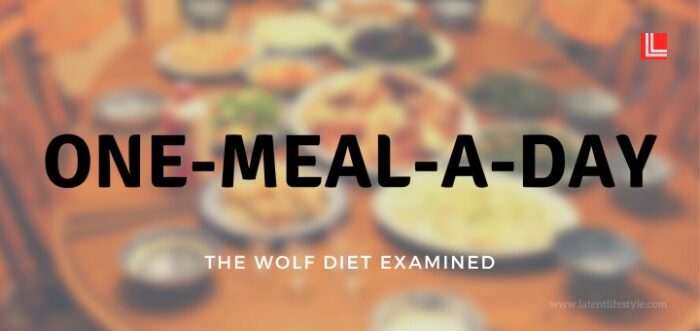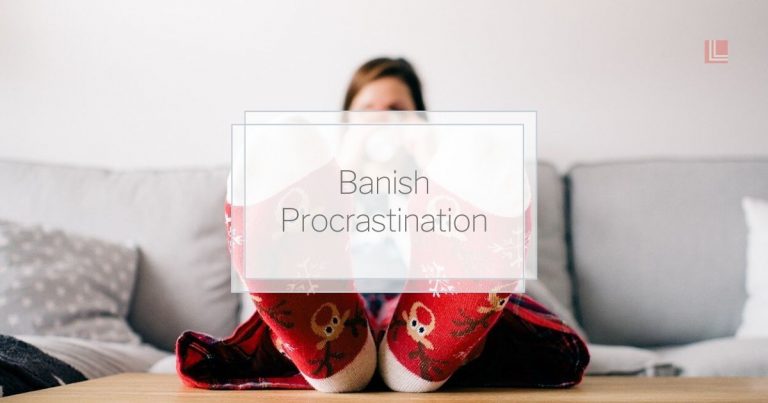One Meal a Day Diet (Wolf Diet)

Ever considered the On-Meal-a-Day Diet? Yes, it is exactly as it sounds… One meal, a day, every day… Read on to learn more about the One-Meal-a Day Diet Plan.
What is the 1 Meal a Day Diet?
One meal a day diet is a plan where you choose to forgo all snacks, all meals and only have one whole meal a day. Yup, it is that simple. No more fuss about breakfast, don’t worry about lunch, eat what you want at dinner and that’s it in a nutshell. 7 meals over 7 days.
Dr Marius Theron is generally accredited with bringing this new approach to eating into our homes and lives and as such the diet has become known as the Wolf Diet. Previously at a veterinary practice and then a move into nutrition and cosmetics, Dr Marius Theron began noticing how cell membranes function with cholesterol.
He began his strict regime back in 1994, eating only one meal a day and has competed in many endurance races and continues to train on just one meal a day. He even underwent heart surgery, from a pre-existing condition, and recovered so fast he was walking and discharged within 5 days. (See here)
There is also the “Warrior Diet” by Ori Hofmekler who wrote about 20 hours of fasting, leaving a 4-hour window in the evening in which you could eat, in 2002. A similar concept to the Wolf Diet.
Today, the one meal a day diet is being tried by celebrities and those with a weight-loss goal, but the aim of this diet is not to suddenly lose weight, but rather to begin considering a massive lifestyle change.
What is One-Meal-a-Day supposed to do?

The One-Meal-a-Day diet is aimed at focusing on one wholesome meal each day. According to Dr Marius Theron, we can eat all the calories we need for a day in one meal. So why have three? (See what Calories are)
The main purpose is to allow your body an allocation of food in order to be able to sufficiently carry out its day to day work. The meal, generally consumed in the evenings, is digested while you sleep, leaving you fresh for the morning and ready to go.
There is no more sluggish mid-morning blues or the afternoon nap, as your body is using the food it digested the night before to keep going.
There is a link here to fasting. Short 22 hour fasts allow your body to process the food it receives and also give your digestive system a break for a short while. Living in a short state of fasting, there is an increase in your alertness and more importantly, your body may even be improving the cells it produces as it tries to eliminate faulty ones, according to Valter Longo in the Guardian.
By eating less frequently you may increase your life span too, not only because of the diseases that are related to overeating but also due to the infrequency of eating, your body is able to repair and maintain itself. (See here)
Is it safe?
With all extreme changes in anyone’s life, it would be foolish to think that a sudden change like this would not result in side effects or even cause harm.
There is nothing wrong with fasting, our ancestors managed this and survived pretty well, but the nature of only eating one meal a day may result in a drop of glucose in the body, making you feel light-headed, or for people with pre-existing health conditions may exacerbate those conditions.
It would be wise to first consult your local practitioner to enquire on how you should best approach such a strict diet, especially with the change from one meal 3 to 6 times a day, to eating it all in one go.
There are many theories that eating a large meal before you go to bed results in your body digesting the food at a time when it is least active putting large stresses on your heart, drops in blood sugar level, even acid reflux as suggested by Jamie A Koufman.
There is even a suggestion that late-night eating and weight gain are linked, but this referred to the late meal and going straight to bed after eating and snacking all day long.
If you suffer from diabetes or hypoglycemia, it may not be the best thing to not eat during the day when your body needs constant resources to maintain itself. There may even be an argument for not eating at night to allow your body to calmly repair itself during your sleep. (See here)
The Wolf Diet is something that should be used in moderation. If you are eating all day long, eat a large meal at night, then a snack before you go to bed, of course, there will be consequences to your body. You, for one, have probably consumed more than your fair share of calories throughout the day.
If you then lay down with a full belly, it will result in the food laying horizontal in your stomach and not at the bottom causing more issues.
This is not what the One-meal-a-day diet is proposing you should do however.
Eating around 7 pm and going to bed at 10 means your stomach has had time to begin digestion. Having not eaten all day, you will likely be eating the correct amount of calories too and not overindulging.
What should I expect?
Healthline list some of the risks as, extreme feelings of hunger, shakiness, fatigue and brain fog to name a few. These should certainly be considered if you are at least beginning the diet and expect to do intensive exercise, drive or be active in dangerous environments.

If not eating initially causes you to only ‘think’ or fantasise about food, then find activities that distract you from those thoughts. Your routine will have changed too, so expect your mind to be all prepared for food.
Michelle Barnes from Caloriebee gives some tips for starting out. Rather cut down from 3 meals to eating 2 meals a day. Avoid processed food. Snack on fruits and vegetables, eating only a main meal at the end of the day.
All great tips to get you thinking less of when to grab your next snack and rather focusing on the evening meal as the prize. (Reward Thinking)
Of course, the old adage of ‘drink a glass of water when you are hungry’ certainly works a treat to stave off any craving you have that may just cause you to go running for the snack bin.
Michelle wisely adds, “Never sacrifice health over perfection. If you feel light-headed at any point, eat!“
Is this a Weight Loss Diet?
This is certainly the way it at first appears, but rather than a weight loss diet, it focuses more on the quality of food you eat in one meal to satisfy your daily requirements.
Being healthy requires you to eat healthy food and maintain a healthy weight. Being underweight is just as serious as being overweight. Both have their problems.
If you are overweight and decided to count the calories you need to live each day and only ate to that amount, then you too would also be restricting yourself to a diet that aims to reduce your weight to a healthy figure.
The same for the One-Meal-a-Day Plan. Eating the correct amount of calories in one meal will support weight loss if you are not allowing yourself to snack during the day and overeat.
If you are intent on reducing your weight, it should NEVER be something you attempt quickly. Your body is a finely balanced organism that requires nutrients and minerals to function and by reducing your weight suddenly may result in deficiencies that seriously affect you.
Talk to your health practitioner and find out what is best. Take your time. Learn to change your ‘habits’ of eating and that will affect your weight too.
What are the benefits?

The major benefit is that there is no requirement to count calories or to worry about what you can and cannot have. There is only one major rule and that is nutritious variety!
If you are eating just one meal a day, then you will need to be a little more thoughtful about what you are eating in terms of nutrition. Eat your greens and consume your protein first. If you have room, eat your cake too!
Your body will use what it needs throughout the day, begin to adjust your weight to a healthy number, but you are not doing this just to lose weight. You want to be happier, more energetic and enjoy a great quality of life.
As with any diet plan, there are always warnings and restraints. Be aware that you are in charge of your own life. If you feel strange, visit a health practitioner. If you are starving yourself, you are harming yourself.
No one gets a prize for being the best martyr. Rather aim to live happy in your own body and treat it well. It has to take you many places in life still!
Finally
The One-Meal-a-Day will have you reconsidering what you really need to stay healthy. It may make you evaluate the snack you have between meals, cause you to rethink about the processed foods you eat, and may just create a healthy mindset for your mealtimes.
Make each meal a bit special if you do attempt this diet. Lay the table, use your best crockery and take time preparing your meal. It will seem so much more like a reward and an event that your mealtime will become something you look forward to, not just because it is the one meal, but because you are taking the time to enjoy it.
It would be great to hear if you or someone you know has taken part in the One-meal-a-day Diet Plan. Let me know how it went, what did you experience, and how long did you try it for?




